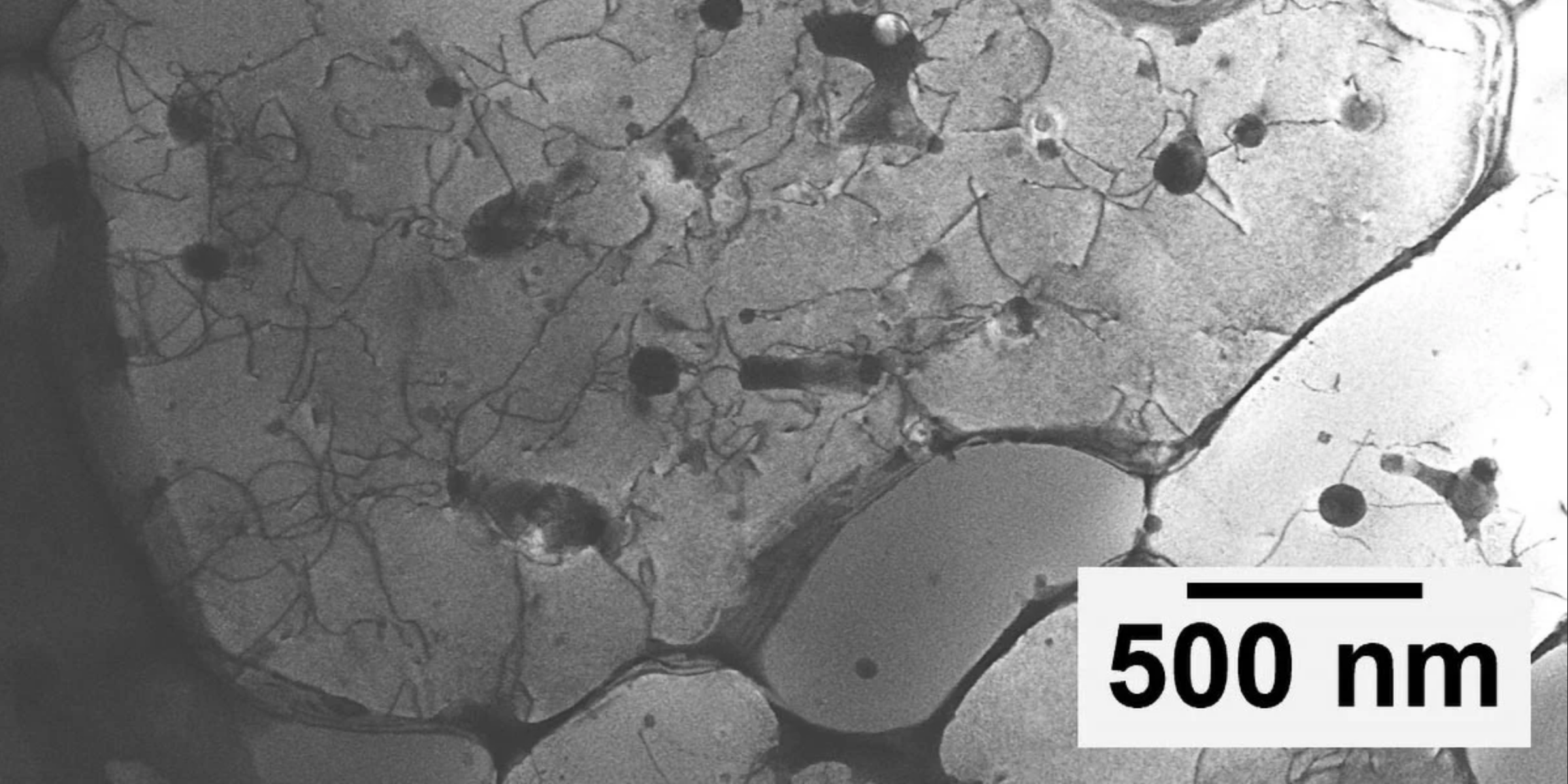French Scientists Set New Record in Nuclear Fusion, Paving the Way for Clean Energy Future

In a remarkable breakthrough towards achieving sustainable and affordable energy, scientists in France have successfully maintained a nuclear fusion reaction for more than 22 minutes, breaking the previous world record. To put this achievement into perspective, that translates to a staggering 1,337 seconds of stabilized, intensely hot plasma an essential component essential for harnessing nuclear fusion, a promising energy source that operates independently of polluting fossil fuels such as gas, coal, or oil.
This significant milestone not only demonstrates the potential of fusion energy but also inch us closer to an aspirational energy future. Imagine a world where our homes, cities, and electric vehicles are powered by a source that replicates the processes of the sun, all while avoiding the radioactive waste and environmental detriment typically associated with traditional nuclear energy.
Nuclear fusion holds the potential to address one of the critical issues posed by conventional energy sources, which predominantly rely on polluting fuels. Currently, power generation largely depends on fossil fuels that not only contribute to air pollution but also exacerbate extreme weather conditions. While renewable sources like solar and wind energy are gaining traction, fusion presents a unique advantage: the capability to offer continuous, round-the-clock clean energy by utilizing hydrogen the most abundant element in the universe as its fuel source.
The fusion process itself involves fusing light atomic nuclei at extraordinarily high temperatures around 180 million degrees Fahrenheit to unleash vast amounts of energy. Notably, the sole by-product of this reaction is helium, a benign gas.
So how did the researchers achieve such a feat? Within a donut-shaped apparatus known as a tokamak, scientists from southern France meticulously controlled magnetic fields to confine a swirling mass of ultra-hot plasma for an impressive duration of over 22 minutes. Achieving stability in such a high-intensity reaction is an incredibly daunting task; even the smallest fluctuations can lead to a complete shutdown of the process.
Dr. Anne-Isabelle Etienvre, a leading scientist from the French Atomic Energy Commission, has expressed optimism regarding future experiments, stating, "experiments will continue with increased power," hinting at the potential for even more groundbreaking discoveries in the near future.
But why is this development crucial? The implications reach far beyond pure scientific achievement. If fusion technology can be scaled effectively, it could lead to reduced energy costs for consumers, fewer power outages, and a significant decrease in pollution levels, ultimately addressing health concerns such as asthma and other respiratory issues exacerbated by poor air quality.
This endeavor is not just a national effort; it is a global collaboration. Nations including China, the European Union, India, Japan, South Korea, Russia, and the United States are uniting efforts in a larger fusion project known as ITER the International Thermonuclear Experimental Reactor which is currently under construction in France.
The shift towards fusions cleaner energy footprint makes it an appealing alternative to fission, the process currently employed in conventional nuclear power plants, which generates long-lived radioactive waste. In contrast, the waste generated from fusion is minimal and significantly less hazardous.
Looking ahead, the ultimate aspiration is to develop a reactor that generates more energy than it consumes. Researchers are making incremental progress towards this goal with each successful experiment. Although fusion energy is not expected to power households immediately, each achievement, like the recent 22-minute feat, lays the groundwork for a more sustainable energy grid and healthier, cost-effective energy alternatives in the future.
Stay informed about the latest innovations transforming our lives and shaping our future by joining our free newsletter. Dont miss out on this exciting collection of simple ways to improve your life while also benefiting the planet.






























